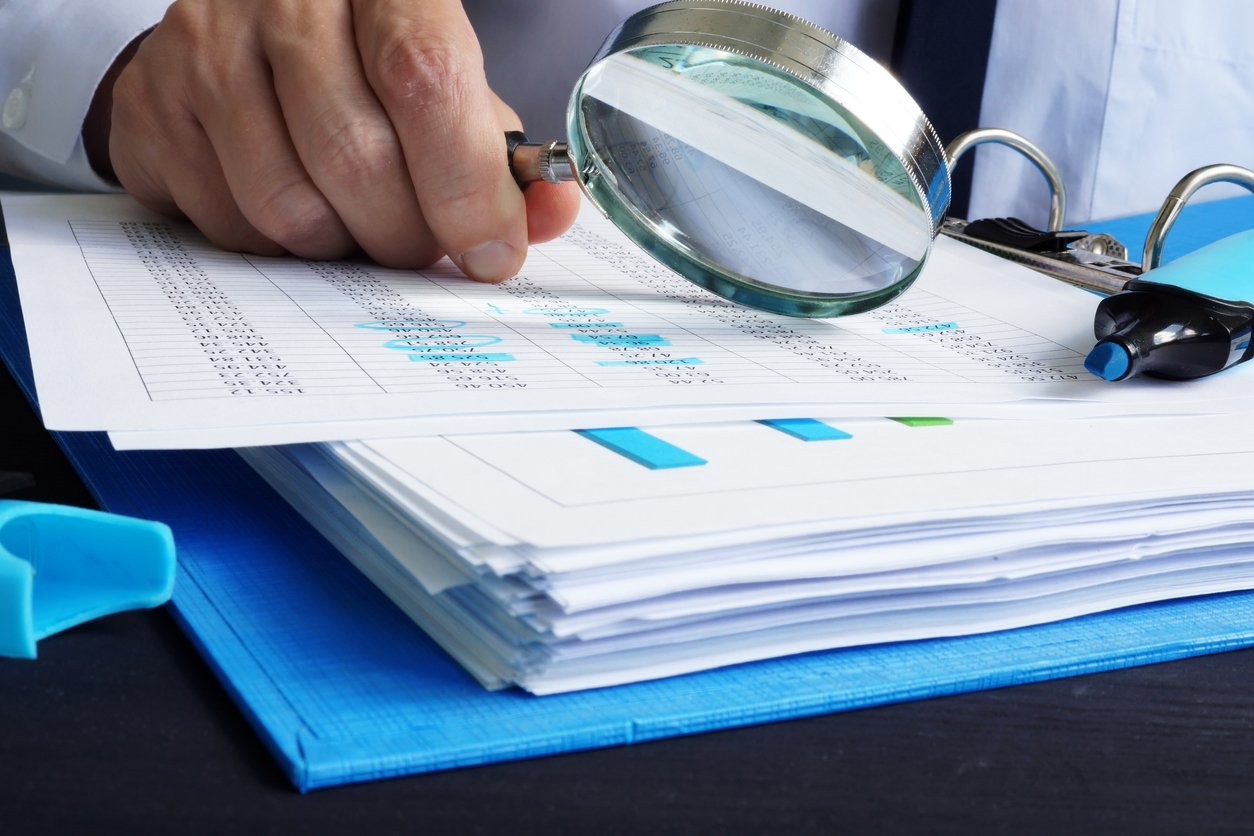Federal taxation and provincial tax bracket creep will continue to hound Albertans into the new year

Albertans will be greeting 2022 with major tax changes, according to The Canadian Taxpayers Federation (CTF) annual Tax Change Report.
Changes to federal taxation and bracket creep within the provincial tax system will continue to affect Albertans in addition to municipal tax increases.
In a statement, Federal Director with the CTF, Franco Terrazzano said, “If you’re making more than $40,000, you’ll see your federal income tax bill go up thanks to rising payroll taxes. From higher carbon taxes to rising alcohol, payroll and property taxes, there’s a raft of tax hikes coming in the New Year.”
The 2022 CTF Tax Change report states that the bracket creep will have Albertans paying between $44.50 and $141.13 more this year, depending on income. Since 2020, the cost of bracket creep has mounted up to $105.73 for those earning $100,000 or less, and a significantly higher amount for higher-income earners.
Because the Alberta, Ontario, Nova Scotia and Prince Edward governments saren’t adjusting brackets for inflation, taxpayers have been automatically bumped up to a higher tax bracket annually even though they can’t afford the increase.
Kevin Lacey, Alberta CTF director said, "When Jason Kenney, our premier, was a Member of Parliament, he called this a 'hidden and regressive tax grab', and we agree. That's why he has to change this now as we look at Budget 2022."
He added that Albertans are already impacted by inflationary pressures that are not typically being matched by wage increases.
“A pandemic is the worst possible time to be raising taxes,” Terrazzano said. “Many Canadians lost their job, closed down their business or took a pay cut during the pandemic, and that’s why all politicians should be reversing their tax hikes.”
The federal basic personal amount will increase from $13,808 to $14,398 which will mean lower federal income taxes in 2022. For Canadians earning less than $155,625, an additional $590 in tax-free income from the increase in the personal basic amount will be theirs to claim, providing them approximately $89 in income tax savings.
The bottom line, though, is Canadians will be paying more in federal taxes, according to Lacey.
The CTF report provides an outline of the other major federal tax changes in 2022, including:
- The Canada Pension Plan tax increase of $333 each for workers and businesses
- The Employment Insurance tax increase of $63 for workers and $89 for businesses
- The 11 cents increase per liter of gasoline on April 1, 2022 – the third federal carbon tax increase during the pandemic
- The third increase in Alcohol taxes on April 1, 2022
"This is a direct result of governments using EI and CPP for things that they're not intended for, for subsidies that have happened over the last decade and now, as a result, they're having to replenish the funds because of the problems we're having with the pandemic,” Lacey said. He maintained that higher EI and CPP contributions can be blamed on the government stretching the purpose of employment insurance and the pension fund.
The CTF predicts that by March 31, 2022, the average Albertan will shoulder $58,200 of the federal and provincial debt.
The Fraser Institute’s most recent Canadian Consumer Tax Index report stated that the average Canadian family spent more than 36 percent of household budget to taxes in 2020.



